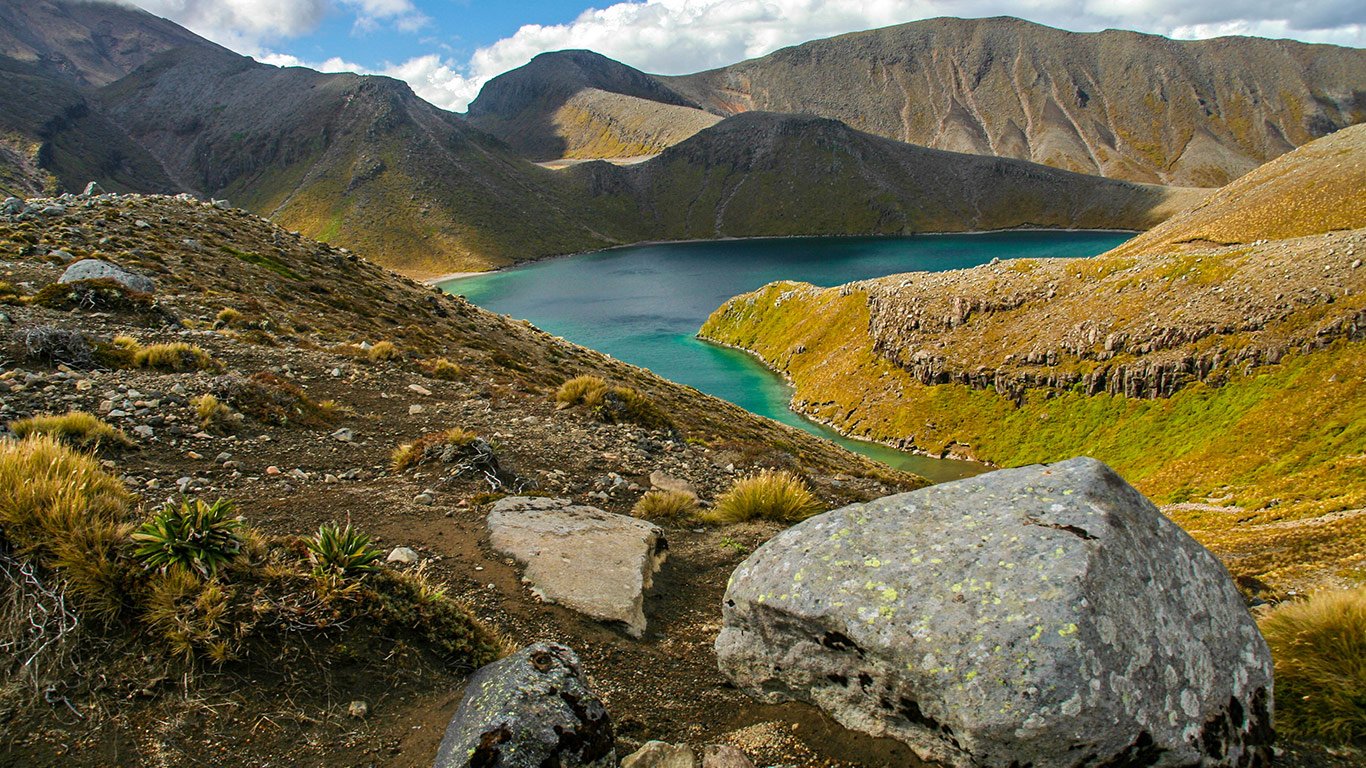As the impacts of climate change become increasingly evident, it’s more important than ever to adopt more eco-friendly and sustainable travel practices. We have a responsibility to minimize our environmental footprints and preserve the natural beauty of each destination.
Every travel decision—from transportation to vacation activities—impacts the environment. Making eco-friendly choices and embracing more sustainable practices helps reduce our carbon footprints, protect fragile ecosystems, and support local communities.
Here’s a list of things you can do on your next trip to travel more sustainably.

Reduce Your Carbon Footprint
To minimize your carbon footprint while traveling, consider staying closer to home or offsetting your emissions if venturing further. Carbon offsetting involves calculating your emissions and compensating for these by supporting projects that make equivalent reductions in carbon dioxide, such as tree planting, for example. The goal is carbon neutrality—offsetting your entire footprint.
Transportation, particularly air travel and driving, contributes significantly to tourism's carbon footprint. Choose more efficient ways to get around, such as public transportation or cycling. When renting a car, opt for electric, hybrid, or smaller models to further reduce emissions.
Choose a paperless alternative whenever possible to store and supply documents electronically, instead of printed materials. Everything from hotel receipts, room keys, rideshares, boarding passes, and much more are available right on your mobile device, helping you save time and paper.
By making these conscious decisions, travelers can play vital roles in mitigating the impact of tourism on climate change.

Pack Reusable, Eco-Friendly Items
Another effective way to promote sustainability while traveling is to bring your own reusable items. Consider packing a water bottle with a built-in filter to ensure access to clean drinking water wherever you go. Reusable bags are handy for shopping or carrying essentials, while reusable straws and utensils help minimize single-use plastic waste.
There are a variety of reusable options available, ranging from eco-friendly materials such as bamboo and glass to durable choices including silicone or stainless steel. This not only reduces their environmental impacts but also saves money in the long run.
Utilize reef-safe sunscreen while swimming, diving, and snorkeling to prevent harmful chemicals and particles from damaging fragile ecosystems, such as coral reefs.
Practice responsible recycling habits by placing your waste in the proper receptacles. Keep in mind, though, that recycling protocols vary from place to place, and if you aren’t sure, ask!

Support Local Communities
Sustainable travel is imperative to the preservation of our planet. Being a responsible traveler means you leave each destination the way you found it—or better!
When you shop small and spend locally, you contribute directly to the local economy and support nearby families and communities. Hire local drivers and tour guides, dine at family-owned and local restaurants, shop at nearby markets and purchase handicrafts made by locals.
Opt for locally-owned accommodations and eateries, where your dollars directly benefit the host community. Explore markets and purchase goods from local artisans, and choose excursions led by local guides, or participate in workshops to learn from community experts. When booking tours, select operators that prioritize community suppliers.
Supporting local businesses and initiatives plays a vital role in revitalizing tourism-dependent communities.

Take Your Time
Instead of rushing from one place to the next, give yourself the opportunity to truly immerse in the destination. Rather than cramming multiple short trips into a year, opt for a single, longer vacation. Park yourself in one area and truly explore it, rather than hopping around.
Slowing down makes for a richer experience. It opens the door to cultural immersion, meaningful connections with locals, and the discovery of hidden treasures. Take a cooking class to savor local flavors, wander through neighborhoods to stumble upon charming cafes, and visit museums for an enriching experience.
Embracing a more leisurely pace not only reduces stress but leaves a lighter footprint on the environment. So, next time you travel, take your time, and savor every moment.

Visit National Parks & Protected Areas
National parks, marine sanctuaries, and other protected areas are crucial for safeguarding Earth's biodiversity and natural resources. Recognizing their significance, the 2021 UN Convention on Biological Diversity established a new global biodiversity framework, aiming to conserve at least 30 percent of land and sea areas by 2030. However, many of these areas rely on tourism for funding and support.
Tourism fees, such as entrance charges and operator permits, contribute significantly to the preservation of protected areas and the species within them.
By visiting protected areas and paying entrance fees, tourists directly contribute to conservation efforts while simultaneously supporting nearby communities. This symbiotic relationship ensures the preservation of these vital ecosystems, and promotes sustainable tourism practices worldwide.

Research Travel Companies
Conduct research before booking to ensure you’re spending your money with a brand whose sustainability initiatives are aligned with your values. Check whether it has off-setting goals, practices destination stewardship, gives back to local communities, and actively seeks ways to reduce its environmental impact.
Eighty percent of those surveyed in Booking.com’s ‘Sustainable Travel Report 2023’ report traveling more sustainably is important to them, with 74 percent stating they want travel companies to offer more sustainable options going forward.
Support businesses that prioritize environmental sustainability and contribute to local communities. While many companies have adopted sustainable practices, some still lag behind. Research their specific practices regarding energy and water conservation, single-use plastics, diversity, inclusion, local hiring, supplier prioritization, and responsible wildlife interactions.
Enlist InteleTravel to Plan Your Eco-Friendly Vacation
Booking through InteleTravel helps ensure a sustainable vacation experience with a positive impact on the environment and local economies. Our advisors possess deep industry expertise and supplier connections to secure exclusive deals and discounts.
Whether a honeymoon, family gathering, or solo expedition, our advisors will tailor your itinerary to your budget and preferences—ensuring a seamless and stress-free experience!




